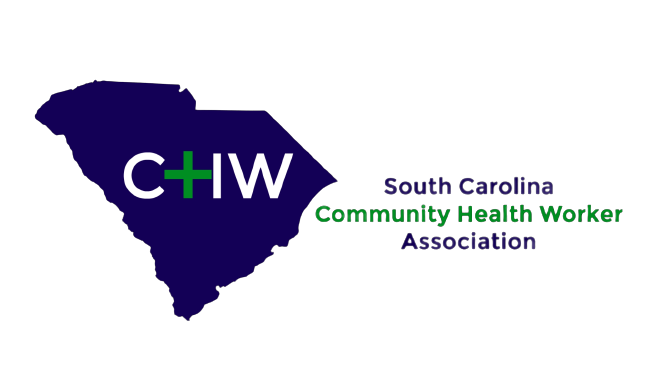Celebrating Community Health Workers
Celebrating Community Health Workers
Summary:
August 28 – September 1 is National Community Health Worker Awareness Week
This week is National Community Health Worker Awareness week, and I want to call attention to the vital role these frontline public health workers fill. I first saw Community Health Workers (CHWs) in action when I started my medical career at Mount Sinai Hospital in East Harlem. While East Harlem sat in the shadow of one of the best hospitals in the nation, not all community members sought care at it. CHWs helped bridge the gap, they were the cultural link between a community and its health care system. CHWs are some of the most trusted voices in the community when it comes to health because they come from the communities they serve. And they are one of the best ways to tackle health inequity and health disparities.
Yet despite their value, not everyone is aware of the importance of their work. There are tens of thousands of CHWs across the United States. Together, they form a safety net that protects the most vulnerable in our communities by helping remove barriers to health care – whether it be information, translation services, or trust building. Their work is as diverse as the communities they serve. There are CHWs who provide vaccine education and dispel vaccine misinformation – a critical role during COVID-19. CHWs also promote equitable mental health services among LGBTQI+ youth or provide chronic health screenings in African American communities with low trust in their health systems. Rural CHWs improve self-management of chronic diseases – an important function when health care services are far away.
There have been more than 500 studies on the effectiveness of community health workers in the last decade and they all point to one thing: the CHW model works. A report - PDF from Association of State and Territory Health Officials (ASTHO) found that CHW interventions:
- Improved chronic disease management and care among vulnerable populations
- Decreased glucose numbers in people with diabetes
- Increased post hospital outcomes: obtaining primary care, mental health improvements, and reducing readmissions
But the biggest benefit of the CHW model, and one of my passions, is improving health equity. As the evidence show, this is where CHWs really shine. I think the possibilities for CHW integration in health care are endless. CHWs can help improve access, increase health screenings, and enhance communication between patients and health care providers. Their efforts improve adherence to health recommendations which lower the need for emergency visits. These are important examples in how to reduce barriers to health care and improve health equity.
As a pediatrician, I find the work CHWs do with children especially promising. A recent JAMA study of found that a team-based approach that included CHWs as coaches resulted in preventative care improvements for children from low income families who are insured by Medicaid. As the U.S. Assistant Secretary for Health, I recognize the value of CHWs in supporting HHS's Strategic Goals . They have a role to play in all of our priorities from strengthening equitable access to health care and improving health condition outcomes to strengthening social well-being and restoring trust in science.
We need to think creatively about how to better integrate HCWs in programs and health systems, particularly those that benefit vulnerable communities. So, this week, I encourage my fellow doctors and public health practitioners to learn more about CHWs and think creatively about how to harness the power of their work to benefit our patients. Here are some resources to learn more:
- National Association of Community Health Workers
- American Public Health Association Community Health Workers Resources
- Association of State and Territory Health Officials Community Health Workers
And from me personally, I want to thank every CHW who helped a grandmother gain the confidence to get the COVID vaccine, empowered a husband to take control of his diabetes, or helped a LGBTQI+ teen get the support they needed. These actions save lives and help communities be healthier and more vibrant. I am deeply appreciative the work you do.
https://www.hhs.gov/blog/2023/08/28/celebrating-community-health-workers.html
